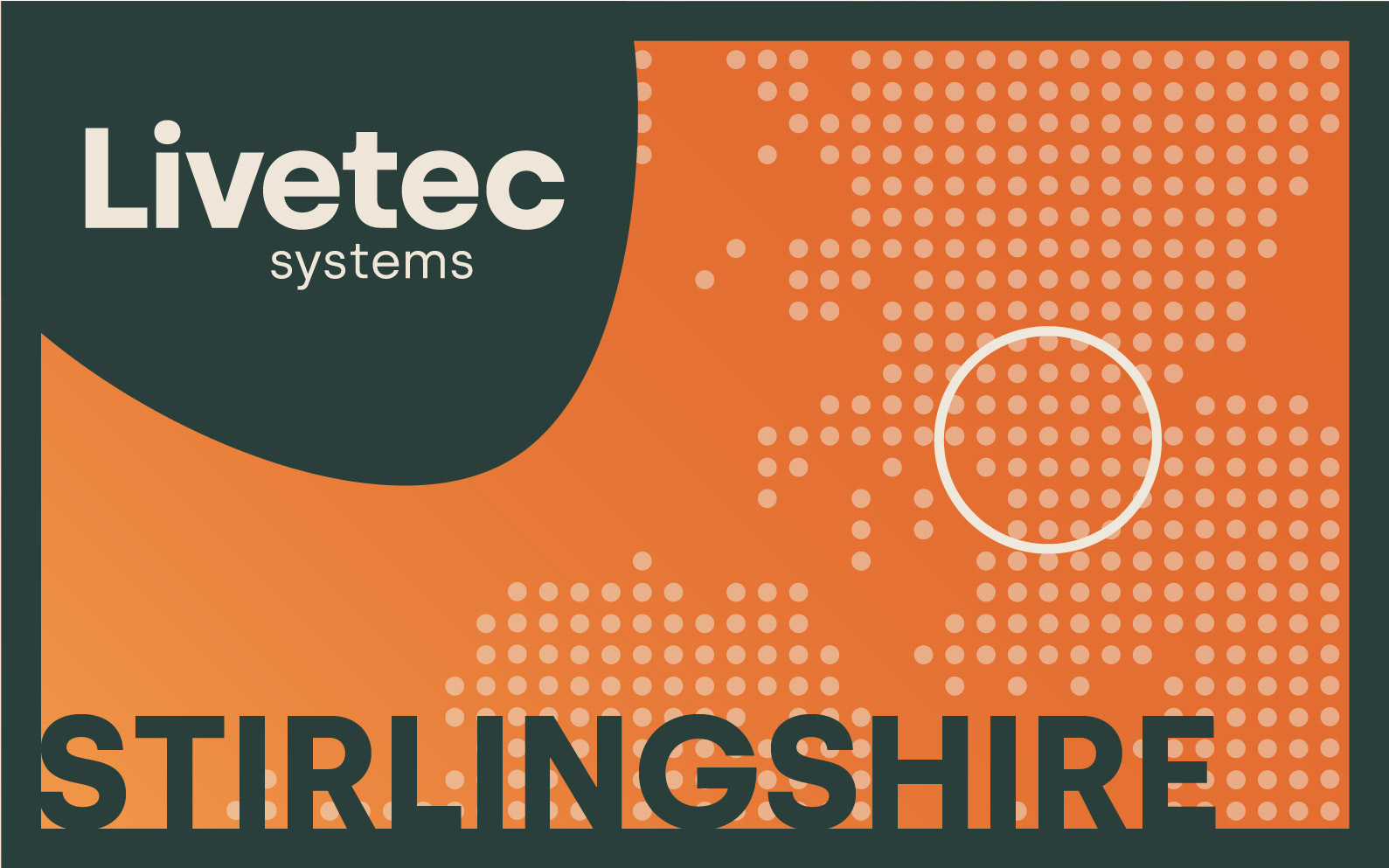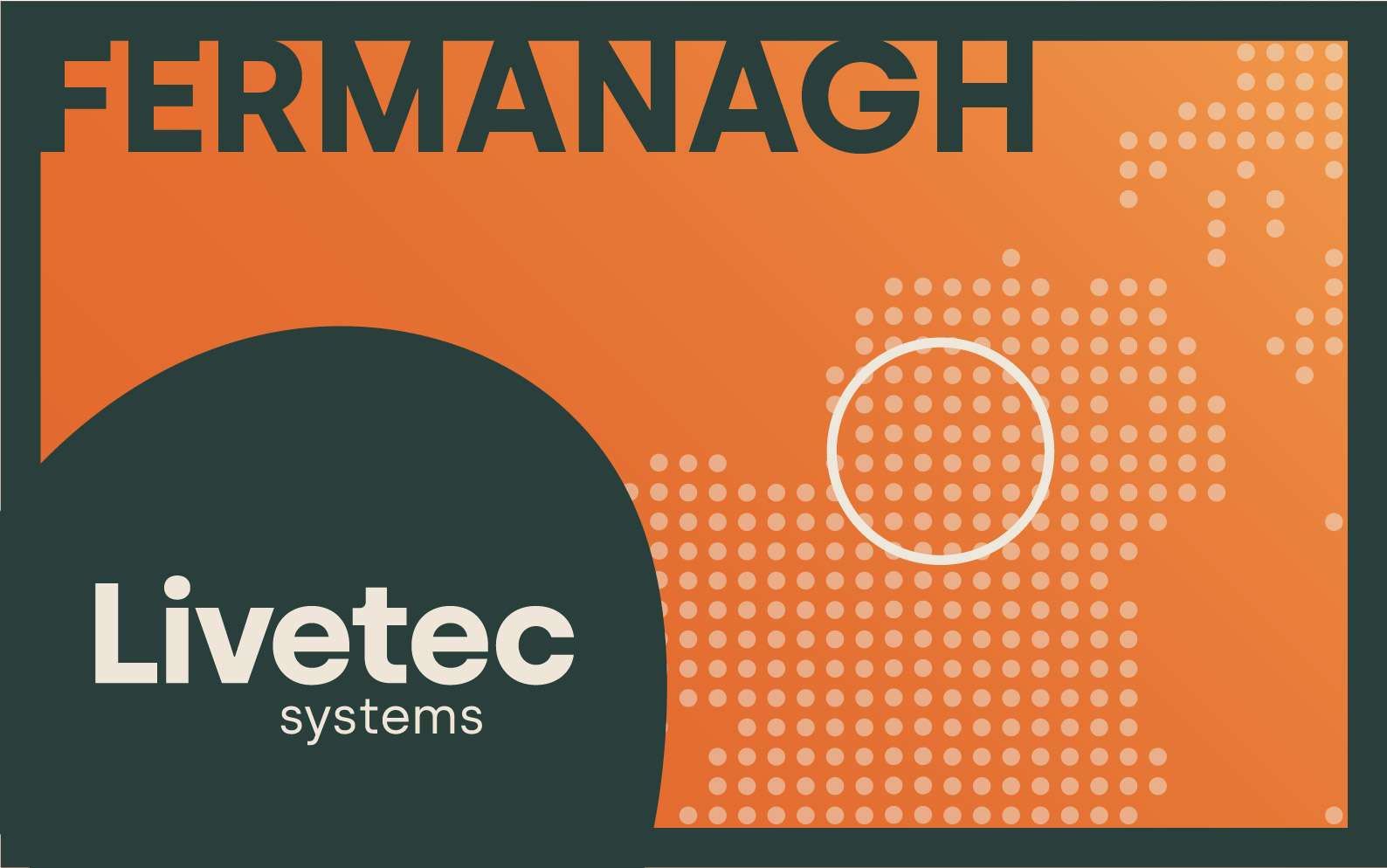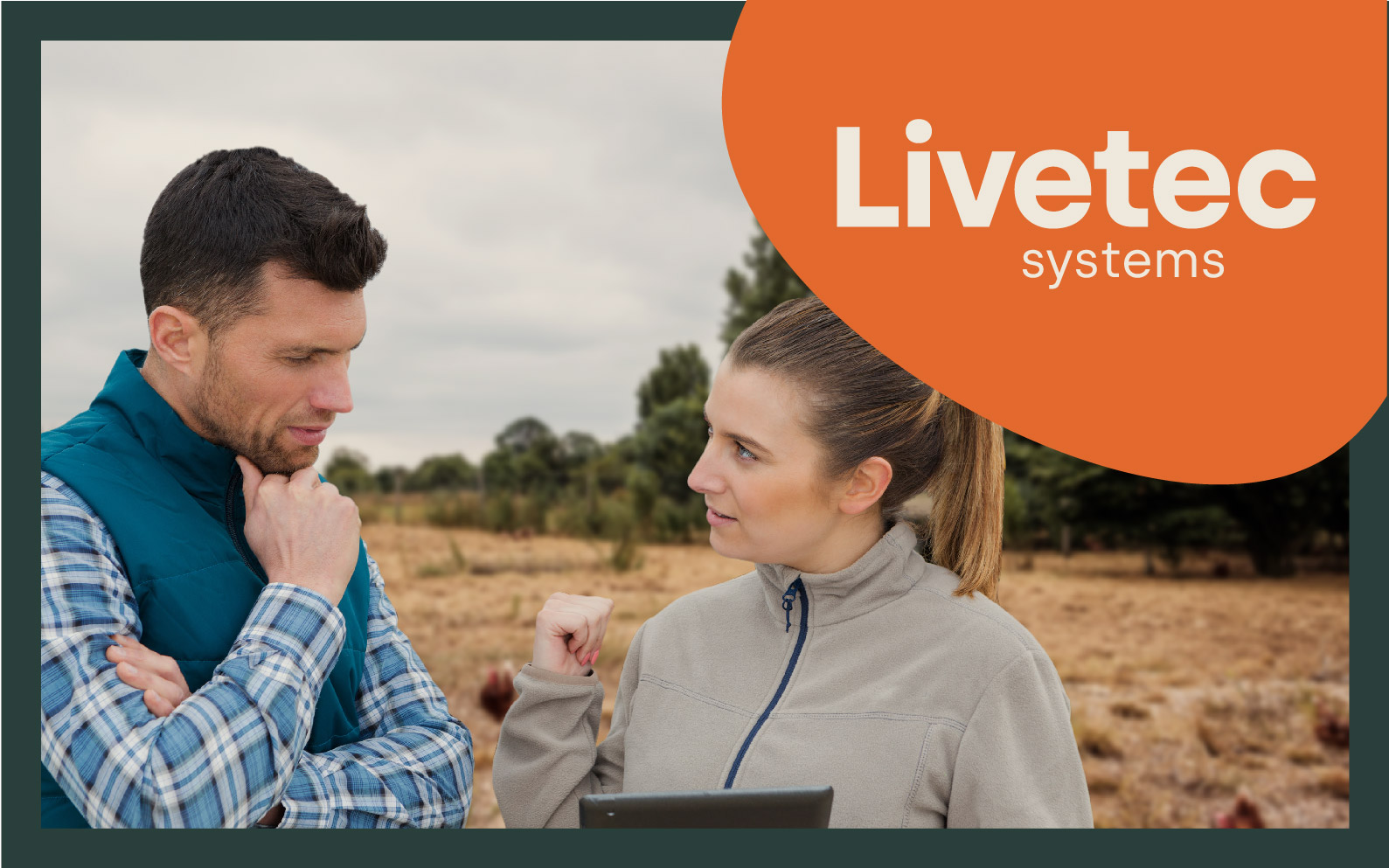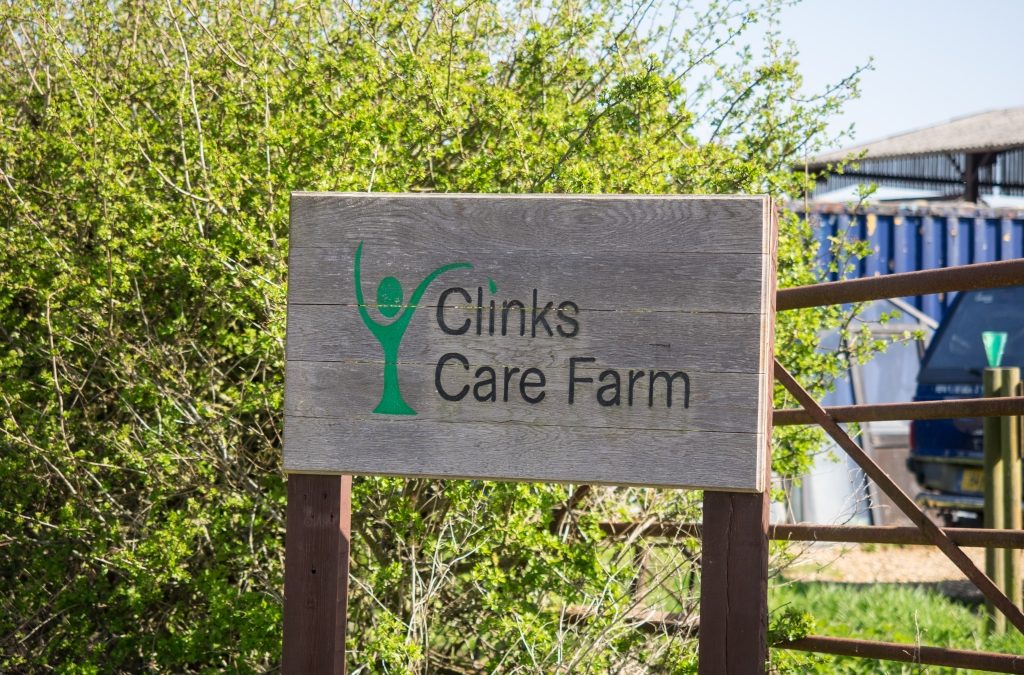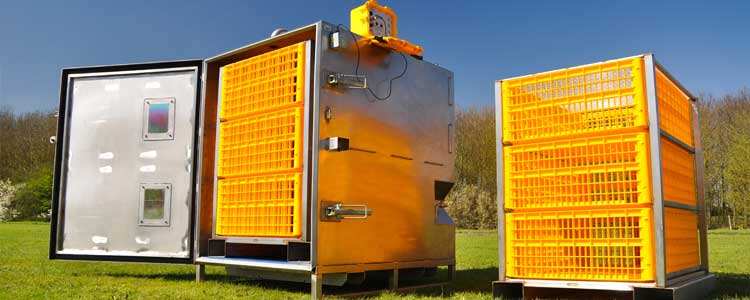The avian influenza (AI) outbreak of 2021 and 2022
Cases of highly pathogenic avian influenza (HPAI) across the UK and Ireland hit a new high between November 2020 and March 2021, with a record 26 cases.
Fast forward to the 15th October 2021, the UK saw its first case of AI on a swan sanctuary in Worcester, affecting an estimated 49 mixed captive, non-poultry birds. By December, the UK and Ireland were plunged into the largest outbreak of bird flu on record, more than doubling the number of cases that had occurred in the year before.
This AI season, expected to last until at least March 2022, has quickly become an unprecedented situation. As of 19th January 2022, there has been 81 reported cases of H5N1 across England, Scotland, Wales and Northern Ireland. The outbreak has so far resulted in a loss of animal life entering the millions, from captive poultry to wild birds.
The situation was dubbed the “worst outbreak ever across the UK” by Edwin Poots, Agricultural Minister, Northern Ireland.
What is avian influenza?
Also known as bird influenza or bird flu, AI is a highly contagious, viral type of influenza spread amongst birds affecting their respiratory, digestive and/or nervous system. Whilst AI can occur naturally amongst wild aquatic birds, it can have a catastrophic impact on domestic poultry and wild birds, such as chickens, turkeys and ducks causing severe disease and high mortality rates.
Whilst outbreaks can occur at any time, there are times throughout the year that AI is a more common occurrence. Due to the winter migration patterns of wild birds, usually between November and March.
AI falls into two categories: low pathogenic avian influenza (LPAI) and highly pathogenic avian influenza (HPAI). Whilst LPAI is typically less serious and a more mild disease, left untreated it can mutate into HPAI, which can completely depopulate a premise within a matter of days, as there is no cure.
Most strains of AI fall under the notifiable disease category, which means legally should you suspect AI in poultry, captive or wild birds, you must immediately report it to the Department for Environment, Food and Rural Affairs (Defra).
AI can spread quickly through an infected bird’s saliva, nasal secretions, faeces and respiratory fluids. In any scenario, Livetec is equipped to prevent and deal with both notifiable and non-notifiable diseases.
Our extensive range of solutions can help to prevent the introduction of AI.
Ultimately, Livetec wants to stop the introduction of any disease to farms, but in the worst case scenario, as partners to APHA and Defra we quickly mobilise our team to support affected premises across the UK and Ireland.
Utilising our years of experience and scientifically-backed on-farm operations, our team organises, mobilises and mitigates disease spread discreetly, leaving farms cleaner and more biosecure.
We help by:
- Managing the initial planning, creating an action plan with a step-by-step timeline and ensuring all regulatory and operational documents are completed and signed off.
- Depopulating infected poultry, using our bespoke on-farm solutions taking into consideration the welfare of animals and staff on-site.
- Completing a biosecure disposal of the affected animals in the safest and most efficient way possible.
- Cleansing and disinfecting the affected and surrounding areas to ensure the premise is clear of disease and the further spread can be avoided.
- Ensuring that all procedures are compliant with all regulations and legislation pertaining to the circumstances using our deep understanding and experience.
Industry responsibility and action
In an effort to stop the spread, both APHA and Defra have been implementing reactive measures. Utilising our partnership with both organisations, we have been supporting their protocols with a range of on-farm operations and biosecurity advice.
Animal and Plant Health Agency (APHA)
- Taking control of any farms affected by AI, limiting movement.
- Deploying staff across the UK and Ireland to carry out industry standard protocols to halt further infections.
- Updating their interactive disease outbreak map, showing the exact locations of the disease control zones in force, with declarations and requirements for those zones.
Department for Environment, Food & Rural Affairs (Defra)
- Introduced heightened biosecurity measures, requiring flock owners to keep captive birds indoors and to follow strict biosecurity measures.
- Hosting a string of stop the spread webinars, outlining the importance of biosecurity to stop the introduction and spread of AI in both captive and wild birds.
The importance of biosecurity has also been echoed by Christine Middlemiss, Chief Veterinary Officer for the UK, who stated that “Implementing scrupulous biosecurity has never been more critical.” Biosecurity is the key to unlocking disease prevention. Livetec are biosecurity experts.
Livetec can help mitigate the risks of disease
A complete lack of, or even small gaps in your biosecurity processes can encourage a disease outbreak on your farm. Through our years of on-farm assistance, we have identified some of the most common biosecurity issues:
- Bedding Management
- Building Maintenance and Design
- Building Locations
- Record Keeping
- Cleansing and Disinfection
- Personnel and Equipment
An outbreak can implicate every aspect of your business
The following examples are a number of the ways an outbreak can affect you, your farm and your livestock.
Significant Reputational Impacts
An outbreak can affect the way a premise is viewed by every stakeholder. A farm can face backlash from the entire supply chain after an outbreak, especially suppliers and customers. Livetec can protect your reputation.
Great Financial Loss
From the costs associated with losing and replacing an entire flock, to the essential secondary cleansing and disinfection measures, outbreaks are very costly. Livetec prevents financial losses.
Lack of Animal Welfare
When there is a lack of biosecurity, the welfare of animals comes into question. This lack of concern can cause grave issues. Livetec improves animal welfare.
Mental Health Impacts
The toll that an outbreak can take on farmers is huge. The high levels of stress and uncertainty can severely affect mental health and wellbeing. Livetec enhances the mental well-being of farmers.
Operational Downtime
In an outbreak APHA restricts all movement on the premises, forcing all operations to stop immediately for as long as needed. Livetec improves the standard of your operations.
Use Livetec’s biosecurity services to protect your farm from disease
Working with farms of all sizes, we provide a range of technical services and on-farm operations to protect the future of your farm. Livetec has a biosecurity service tailored to you, using our 25+ years of scientific and academic research and experience.
Our bespoke biosecurity services help to protect the future of your business, proactively reducing the risk of financial loss, declining animal welfare and reputation hits. We carry out bespoke mapping services, address your company declarations, tailor your company policies to meet your business needs and carry out disease outbreak exercises to identify any potential gaps or problems.
Alternatively, working in collaboration with you, our Livetec biosecurity experts can develop unique 5-year contingency plans to help you minimise the risk of an outbreak. In addition, should one occur, your bespoke contingency plan contains all of the necessary information to successfully navigate the outbreak.
All of our plans are designed in line with the latest APHA and Defra Guidance to keep you compliant, and are acknowledged by insurance underwriters to help ensure you have the right level of cover for your farm.
Download our spotlight here.
